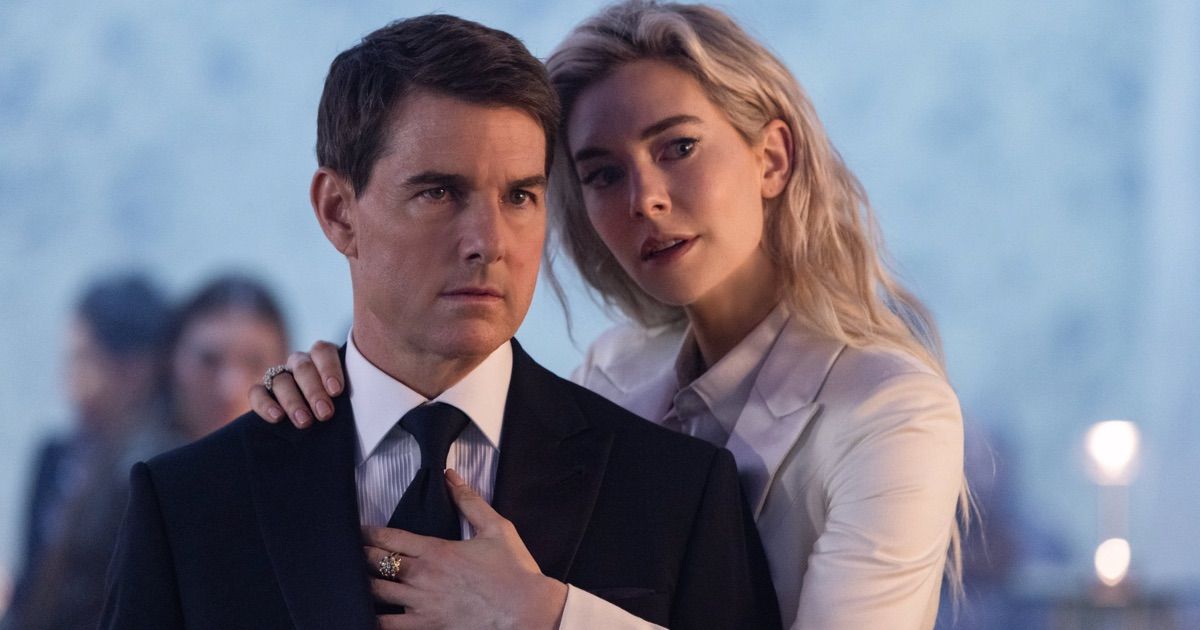Revisiting Snow White: Comparing Disney's Adaptation With A Darker 1987 Predecessor

Table of Contents
Disney's Snow White: A Classic Fairytale – Analysis of the 1937 Animated Film
Disney's Snow White and the Seven Dwarfs revolutionized animation and cemented the fairytale princess archetype in popular culture. Yet, analyzing it through a modern lens reveals certain limitations.
The Portrayal of Snow White: Innocence and Idealism
- Unwavering Innocence: Disney's Snow White is presented as the epitome of innocence and purity, a damsel in distress relying heavily on the kindness of others for survival. Her agency is minimal, her primary role being a passive recipient of the affection of both the prince and the dwarfs.
- Limited Agency: Compared to more modern Disney princesses, Snow White’s agency is strikingly limited. She reacts to events rather than actively shaping her destiny. This reflects the societal expectations of women at the time of its creation.
- Idealized Beauty: Snow White’s beauty is a central plot point, highlighting the shallowness of the Evil Queen's jealousy and reinforcing beauty standards of the era. This aspect has been subject to much criticism in recent years.
The Evil Queen: One-Dimensional Villainy?
- Pure Evil Incarnate: The Evil Queen is the quintessential villain, motivated solely by vanity and a desire to maintain her beauty and power. Her villainy lacks complexity; she’s a caricature of evil rather than a nuanced character.
- Magic as a Tool: Her use of magic is primarily for self-serving purposes, further solidifying her image as a purely malevolent force. The magic is visually stunning but lacks depth in terms of narrative significance.
- Iconic Status: Despite her one-dimensionality, the Evil Queen remains an iconic villain, her image instantly recognizable and her catchphrase "Mirror, mirror on the wall" forever embedded in popular culture.
The "Happily Ever After": A Traditional Conclusion
- Classic Fairytale Resolution: The film ends with the classic fairytale trope of a happily ever after, with Snow White marrying the prince and living in a kingdom of perpetual bliss. This resolution neatly ties up all loose ends.
- Lack of Complexity: This simplistic ending leaves little room for reflection or deeper thematic exploration. It avoids confronting the complexities of life after the initial conflict.
- Influence on Audience Perception: The "happily ever after" reinforces the fairytale narrative, suggesting that true love and beauty conquer all, often overlooking the more challenging aspects of life.
The Darker Side of the Fairytale: Exploring the 1987 Snow White Adaptation
The 1987 Snow White adaptation offers a drastically different interpretation of the classic tale, presenting a grittier, more realistic take on the story.
A Grittier Snow White: A More Complex Character
- Agency and Resilience: Unlike Disney's passive Snow White, the 1987 version portrays a more resourceful and resilient heroine. She demonstrates greater agency in escaping the Queen and surviving in the forest.
- Proactive Survival: This Snow White is far more proactive in her own survival, showing resourcefulness and cunning, making her a more relatable and empowering character.
- Psychological Depth: The 1987 adaptation explores the emotional toll of the Queen's cruelty on Snow White, adding layers of complexity absent in the Disney film.
A Multifaceted Villain: Exploring the Queen's Depth
- Motivations Beyond Vanity: The Queen's motivations in the 1987 version may extend beyond simple vanity. The narrative might delve into the psychological aspects of her actions, potentially exploring themes of insecurity and powerlessness.
- Nuances and Flaws: The portrayal of the Queen in the 1987 version could display a more complex range of emotions, including moments of vulnerability or regret, creating a more nuanced character than the purely evil Disney counterpart.
- A More Compelling Antagonist: This approach could create a far more compelling and relatable, albeit still villainous, character.
A More Ambiguous Ending: Challenging Fairytale Tropes
- Subverted Expectations: The 1987 adaptation might subvert the typical fairytale ending, perhaps presenting a more ambiguous or uncertain conclusion that reflects the real-world complexities of life.
- Challenging the "Happily Ever After": This deviation from the traditional "happily ever after" allows for a more mature and nuanced exploration of the story's themes.
- Promoting Discussion: Such an ending stimulates thought and discussion, challenging audiences to consider the deeper implications of the narrative.
Key Differences and Similarities: A Comparative Analysis
| Feature | Disney's Snow White (1937) | 1987 Snow White Adaptation |
|---|---|---|
| Snow White | Passive, innocent, idealized beauty | Proactive, resilient, complex |
| Evil Queen | One-dimensional villain, purely evil | Multifaceted, psychologically complex |
| Tone | Lighthearted, whimsical, classic fairytale | Darker, grittier, realistic |
| Ending | Traditional "happily ever after" | Ambiguous, potentially subversive |
| Prince | Passive rescuer | Potentially more active role |
| Dwarfs | Primarily comic relief | Potentially more integral roles |
Conclusion: Reimagining a Classic – Choosing Your Snow White
This comparative analysis reveals the stark differences between Disney's classic 1937 adaptation and its darker 1987 counterpart. While Disney's Snow White offers a whimsical and visually stunning portrayal of a classic fairytale, the 1987 version presents a grittier, more complex narrative, challenging traditional fairytale tropes and exploring the psychological depths of its characters. Both versions contribute to the enduring legacy of Snow White, offering different perspectives on this timeless tale. Snow White adaptations continue to evolve, reflecting the changing societal values and expectations of each era. Which Snow White adaptation resonates most with you and why? Share your thoughts in the comments below!

Featured Posts
-
 Tommy Fury Hit With Driving Fine Following Molly Mae Split
May 14, 2025
Tommy Fury Hit With Driving Fine Following Molly Mae Split
May 14, 2025 -
 Mission Impossible Dead Reckoning Ignores Key Franchise Entries
May 14, 2025
Mission Impossible Dead Reckoning Ignores Key Franchise Entries
May 14, 2025 -
 Eramet And Danantara A New Partnership For Downstream Investment In Indonesia
May 14, 2025
Eramet And Danantara A New Partnership For Downstream Investment In Indonesia
May 14, 2025 -
 Office365 Data Breach Hacker Makes Millions Targeting Executives
May 14, 2025
Office365 Data Breach Hacker Makes Millions Targeting Executives
May 14, 2025 -
 Final Reckoning Svalbard Featurette Exploring The Arctic Setting
May 14, 2025
Final Reckoning Svalbard Featurette Exploring The Arctic Setting
May 14, 2025
